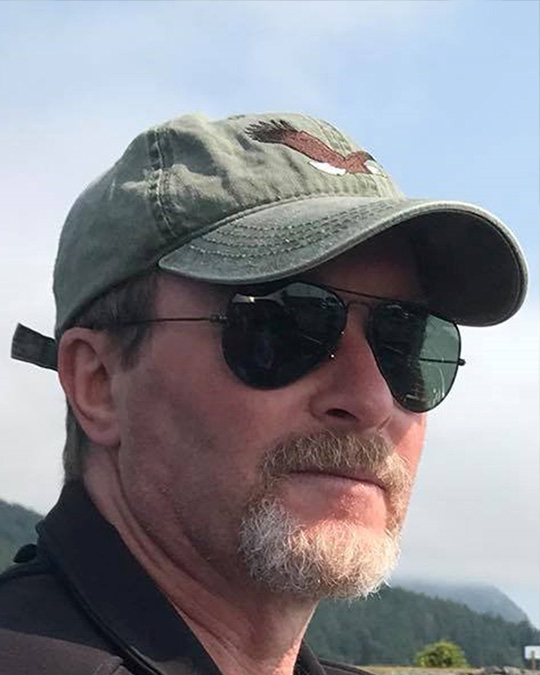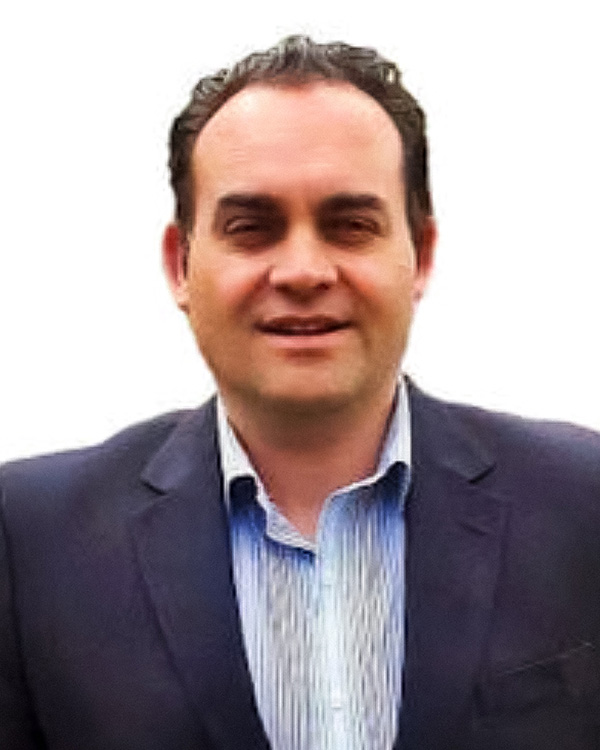Working Group
Strengthening the Fishing Safety Regulatory Framework
Introduction
Fishing is universally acknowledged as one of the highest-risk industries in the world, with arguably one of the weakest global regulatory frameworks. When comparing fatality statistics in fishing – the latest research by the FISH Safety Foundation shows an annual fatality toll in excess of 100 000 fishers – with those of other occupational categories, including the merchant maritime industry, and considering the working conditions that fishers face while at sea, fishing is clearly one of the most dangerous occupations in the world (FISH Safety Foundation).
- FISH Safety Foundation. (2023). The human cost of fishing. The Human Cost of Fishing. https://www.the-human-cost-of-fishing.org/.
Problem to be Addressed
Food security has consistently been recognized in global fora as one of the world’s main challenges. Maintaining a safe, sustainable supply of fish products – for a global population expected to reach 9.7 billion by 2050 – is crucially important, and a daunting challenge. Working to meet this challenge are millions of fishers – with some 95% being classed as small-scale fishers – fishing off a global fleet of more than 4.1 million fishing vessels, with the vast majority under 12m length overall. But the very safety, wellbeing and protection of human rights of these fishers – the ones that are charged with catching this invaluable food source and feeding and sustaining their families and communities – is at grave risk.
Notwithstanding that fact that the safety of fishers and fishing vessels forms an integral part of the various UN Agency’s mandates, and their continued efforts in this regard, the reality is that the current safety legislative framework for global fishing is deficient, uncoordinated, fragmented, and in many cases, the requirements for adherence to local and global legislative standards are largely unknown to the Authorities (and the fishing community).
There is a need for a concerted effort to push for a collective approach to this problem – it’s ultimately a complex labour, vessel and welfare problem that is best tackled in a co-ordinated way. Instead of just focusing on any one legislative requirement, this Working Group will be looking at the ‘4 pillars’ of fisher safety’ – the IMO’s Cape Town Agreement and STCW-F Convention, the ILO’s Work in Fishing Convention, and the FAO’s Port State Measures Agreement. All in the context of the Law of the Sea.
In addition to working with the UN Agencies in this task, we will work with National Administrations and fisheries bodies to promote the education of, and the full application and adherence to these legislative requirements.
Objective
The COPE° Working Group on Strengthening the Fishing Safety Regulatory Framework will be tasked with providing a specialist, non-governmental advocacy ‘voice’ to the UN Agencies tasked with overseeing fisher safety, wellbeing and human rights. To do this, the Working Group will undertake a full review of the existing legislative framework and develop a structured program to promote the ratification of all the relevant global instruments. In addition, it will develop a global awareness creation campaign aimed at strengthening regulatory Instrument implementation and compliance practice globally.
Mission Statement
Advocating for a more effective, and harmonised international regulatory framework to promote the Safety, Wellbeing and Human Rights of all fishers globally.
Plan of Action: A Focus on a Strong Regulatory System
The Working Group will focus on strengthening the role of National Administrations, especially with regards to the development of their Regulatory (Compliance Monitoring / Enforcement) personnel. This is the area where the most direct intervention can be made. It is acknowledged that there is already a wealth of international instruments, codes of practice, voluntary guidelines and other guidance material available to Administrations and Industry, but practical knowledge of the application of these standards is often lacking. The Working Group will work to rectify that deficiency. Beyond advocating for more countries to ratify all the relevant Conventions, a focus on enforcement and awareness creation by the Authorities is needed to encourage the use and implementation of these standards.
Ultimately this work is aimed at improving the safety and living / working conditions of the worlds’ 50 million plus fishers – whether on large industrial vessels, or on small artisanal vessels.
Specifically, the Group will:
- Work with the IMO, FAO and ILO on efforts to jointly and collectively promote ratification of the relevant Conventions, Agreements and Voluntary Guidelines on safety and related issues.
- Promote the ratification, and implementation of the respective IMO/ILO/FAO legislative instruments at National level.
- Provide support to national administrations – through training and promotional/awareness activities and material – in implementing the IMO/ILO/FAO related instruments.
By pursuing this all-encompassing approach, we hope to attract more interest, as well as be able to contribute more to the debate, and the needed corrective action, while working closely with all three UN Agencies, the IMO, ILO and FAO.
This is in line with the stated intent by the IMO for example to ‘support the United Nations Sustainable Development Goals (SDGs) in fishing by promoting ‘Global partnership for sustainable development’ (SDG 17), as well as ‘Decent work and economic growth’ (SDG 8) and ‘Life below water’ (SDG 14).
Participants

Eric Holliday
Chairperson
Eric Holliday
Originally a Marine Engineer by profession - working globally on tankers, bulk carriers and container vessels - Eric has spent the last 35 years as a risk and safety professional; both at senior management level, as well as an independent consultant & trainer - all built on a solid engineering and Human Factors background.
Eric is the CEO of the FISH Safety Foundation (www.fishsafety.org (FSF)) - a New Zealand-based international not-for-profit organisation promoting health, safety and sustainable development in all sectors of global fishing - marine capture, artisanal, inland fisheries and aquaculture. The Foundations' focus is on developing and implementing educational and training programmes, working with governments as well as communities on-the-ground, and developing legislative frameworks for countries - especially those in the developing world fisheries. The Foundation works closely with the IMO, FAO and independent organisations like the Pew Charitable Trusts and others.
His professional career has focused on safety in Transport and other high-risk industries, with extensive experience in strategic and operational level safety leadership, systems development, implementation, management, training, and auditing – both in the Risk, as well as Safety disciplines.
He has provided specialist consulting and training services to a wide spectrum of industry and Government bodies - ranging from Maritime, Nuclear Power and Rail, to Defence, Mining and Commercial Fishing - in New Zealand, Australia, Europe, Asia, the Caribbean, the United States and Canada, as well as in South Africa and Namibia. Eric is an experienced conference speaker, regularly presenting papers locally and internationally.
He continues his involvement in the broader maritime industry as CEO of a specialist maritime safety consultancy, Pro-Safe Marine (www.prosafemarine.com).

Darren Mitchell
Co-Chairperson
Darren Mitchell, BA, LLB
Darren has vast experience within the employment relations and labour law consultancy areas in advisory roles, and as a trainer and facilitator. This includes work in collective bargaining, dispute and grievance resolution, and guidance on the implementation of labour law and safety obligations and processes. He has also worked in the areas of human resource and compliance management.
For the FISH Safety Foundation (FSF), Darren has worked on and project managed fishing safety intervention projects in the Philippines, Bangladesh and in the Pacific Islands. These projects involved liaising with in-country project partners and local communities to conduct research into local fishing industry conditions, and the design and implementation of safety training programmes for small scale fishers.
Darren recognises the increasingly important connection between safe and sustainable fishing operations and human rights at sea. Through his work with the FSF, Darren has been able to draw on his previous professional experience to work on projects designed to improve the wellbeing of fishers and their communities. This includes FSF’s involvement in the global efforts to have countries ratify international conventions that place restrictions on IUU fishing activities and provide safety and labour standards for fishers who work at sea.
Darren is a board member of the Conservation Alliance for Seafood Solutions (www.solutionsforseafood.org).
Get Involved
Looking to get involved in this Working Group? Please fill out the following form to request participation in the Working Group.

